Top 10 Testing Frameworks and Libraries for Java Developers
Want to up your automation testing game? Here are overviews of 10 great testing frameworks and libraries and preferred use cases.
Join the DZone community and get the full member experience.
Join For FreeRecently, I have written some articles about what Java developers should learn this year, e.g. programming languages, libraries, and frameworks, but if you have just one thing to improve or learn, then that must be your automation testing skills.
Testing is one of the disciplines that separates professional developers from amateur ones. It's not about following TDD, BDD, or whatever testing methodologies, but at the very minimum level, you must write code to test your code automatically.
Many Java developers write unit tests and integration tests that automatically run during build time, mostly by using continuous integration tools like Jenkins or TeamCity.
If some of you are wondering why a programmer should focus on automation testing, then let me tell you that the importance of automation testing is growing exponentially due to more awareness and emergence of DevOps.
Companies generally prefer programmers who are good at writing unit tests and show good knowledge of various unit testing frameworks, libraries, and tools e.g. JUnit, Selenium, REST-Assured, Spock framework, etc.
As a Java developer, we work on very different areas, starts from writing core Java code to creating JSP pages, writing REST APIs, and sometimes even creating Groovy scripts for build automation. That's why we also need to be aware of different tools we can use to automate testing.
For example, I only knew JUnit for a long time, but when I had to test my JSP pages, I was clueless until I found Selenium. Same goes with REST Assured because I usually test my REST API using curl commands, but REST Assured takes the unit testing of REST APIs to another level.
10 Useful Unit and Integration Testing tools for Java Programmers
Since I believe a programmer is as good as their tools, I always try to learn and explore new tools and libraries in my free time, and this list is part of that research.
In this article, I am going to share 10 of the best and essential tools, frameworks, and libraries that can help Java developers writing unit tests and integration tests on their various Java projects.
1. JUnit
I don't think JUnit needs any introduction. Even if you are a beginner Java programmer, you might have heard about it. It allows you to write unit tests for your Java code.
Almost all major IDEs, e.g. Eclipse, NetBeans, and IntelliJ, provide JUnit integrations, which means you can both write and run the unit test right from those IDEs.
Most of us are still using JUnit 4, but JUnit 5 is already released and probably the next thing to look at this year. You can use JUnit for both unit and integration testing and it also supports Java 8 features.
Btw, if you are a completely new in the unit testing world, particularly in Java unit testing then this JUnit and Mockito crash course is a good starting point.
2. REST Assured
Testing and validating REST services in Java is harder than in dynamic languages such as Groovy.
REST Assured brings the simplicity of using these languages into the Java domain. It's a great tool for REST API integration tests.
If you want to learn more, you can also check REST API Testing Automation: via REST Assured & HTTP Client course.
3. Selenium
Selenium is probably the most popular tool for Java UI testing, which allows you to test your JSP pages without launching them in a browser.
You can test your web application UI using JUnit and Selenium. It even allows you to write web application acceptance tests.
If you want to learn Selenium, Selenium WebDriver with Java - Basics to the Advanced course is best place to start with.
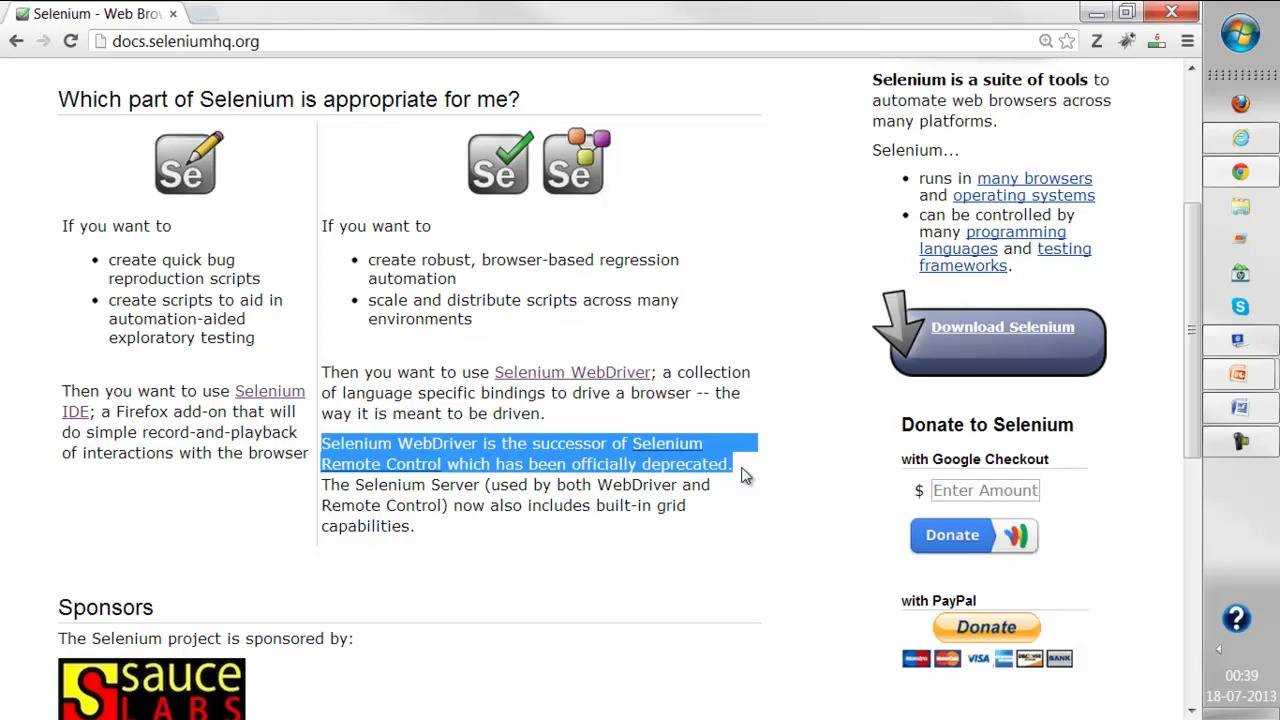
4. TestNG
TestNG is a testing framework inspired by JUnit and NUnit but introducing many new functionalities that make it more powerful and easier to use, such as annotations, running your tests in arbitrarily big thread pools with various policies available (all methods in their own thread, one thread per test class, etc).
The gap between JUnit and TestNG has reduced because of using annotations from JUnit 4 and integrating the Hamcrest matchers as well but it's up to you.
If you decide to learn TestNG for unit testing your Java code then TestNG Complete Bootcamp For Beginners - Novice To Ninja is a good course to start with.
5. Mockito
There are many mocking frameworks for Java classes, e.g. PowerMock and JMock, but I personally like Mockito for their simple API, great documentation, and lots of examples.
Mocking is one of the essential techniques of modern-day unit testing, as it allows you to test your code in isolation without any dependency, and that's why I encourage every Java developer to learn a mocking framework along with JUnit.
My favorite mocking framework is Mockito, but if you like, you can also explore PowerMock or JMock.
If you also like Mockito and decide to learn this framework then Mockito Tutorial: Learn mocking with 25 Junit Examples is a good course to start with.
6. Spock Framework
Spock is another testing and specification framework for Java and Groovy applications. It's written in Groovy, which makes it a very expressive and to-the-point specification language.
When you use Spock, your test will become more readable and easier to maintain and thanks to its JUnit runner, Spock is compatible with most IDEs, build tools, and continuous integration servers.
Unfortunately, I didn't find a useful course to learn Spock framework but Java Testing with Spock book is a good resource to start with.
7. Cucumber
Cucumber is another great tool for automated integration tests, but what makes it different from other tools in the same category is its specification capability.
Cucumber merges specification and test documentation into one cohesive whole living documentation and since they will be automatically tested by Cucumber, your specifications are always banged up-to-date.
If you want to build a start to finish web automation testing framework and simulate user behavior on a web application then Selenium WebDriver with Java & Cucumber BDD is a good course to both learn and implement Cucumber in your project.
8. Spring Test
Spring MVC comes with a very useful test framework that allows doing in-depth testing without even involving a web container.
It is one of the most useful libraries for writing automated tests to Spring applications. It provides a first-class support for writing unit and integration tests to Spring-powered applications, including MVC controllers.
There is also a Spring Test DbUnit that integrates the Spring Test framework with DbUnit and a Spring Test MVC HtmlUnit, which integrates the Spring Test MVC framework with HtmlUnit.
By using these tools you can easily test your Spring MVC application in an automated way.
9. DBUnit
A database is an integral part of many Java applications, both core Java and web applications, and probably the biggest obstacle while doing unit testing.
It's not reliable to connect to Dev or UAT databases for integration tests because anyone can change the data and schema, e.g. tables and stored procedures, and that will cause your automated integration tests to fail.
DbUnit is a JUnit extension that can be used to initialize the database into a known state before each integration test to ensure that the database contains the correct data.
DbUnit has its own issues, but it is a very useful tool because it helps us to separate the test data creation from the tested code.
10. Robot Framework
The Robot Framework is a Python-based generic test automation framework for acceptance testing and acceptance test-driven development.
It is a keyword-driven testing framework that uses tabular test data syntax. You can use it to test distributed, heterogeneous applications, where verification requires touching several technologies and interfaces.
If you decide to learn this wonderful framework for integration test, then Udemy's Robot Framework Test Automation is a great resource to start with.
It's a two-part course which covers the basic and advanced features of Robot framework.
Conclusion
That's all about some of the essential unit testing and integration testing tools, frameworks, and libraries for Java developers.
There are many more libraries that I have not included in this list, e.g. AssertJ and Hamcrest, which can help you to write beautiful and fluent tests — but take things slowly.
To start with, learn a tool or library that you can use in your day-to-day work. For example, if you are working with Java UIs, then you should first learn Selenium because then you can focus on this tool more.
Similarly, if you are working on REST APIs then learn REST Assured (See REST with Spring). If you are doing a lot of core Java work, then JUnit 5 is probably the first library you should look at.
Published at DZone with permission of Javin Paul, DZone MVB. See the original article here.
Opinions expressed by DZone contributors are their own.

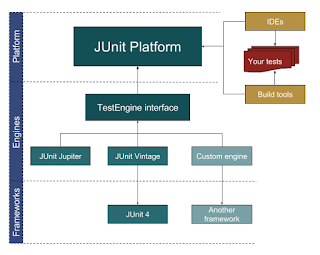
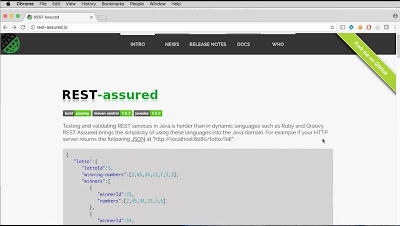
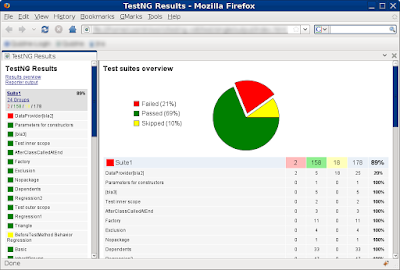
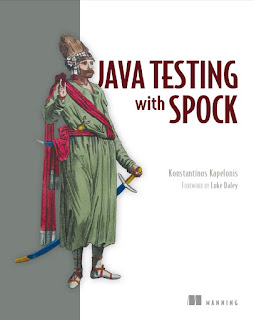
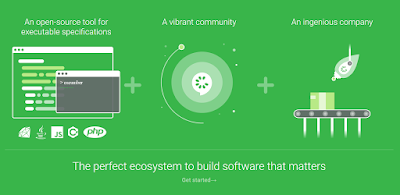
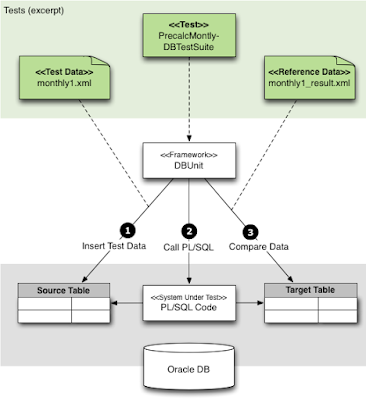
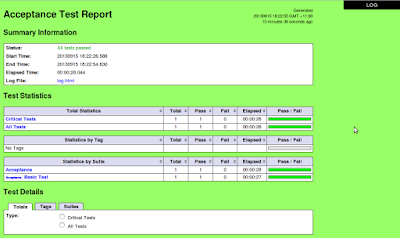
Comments